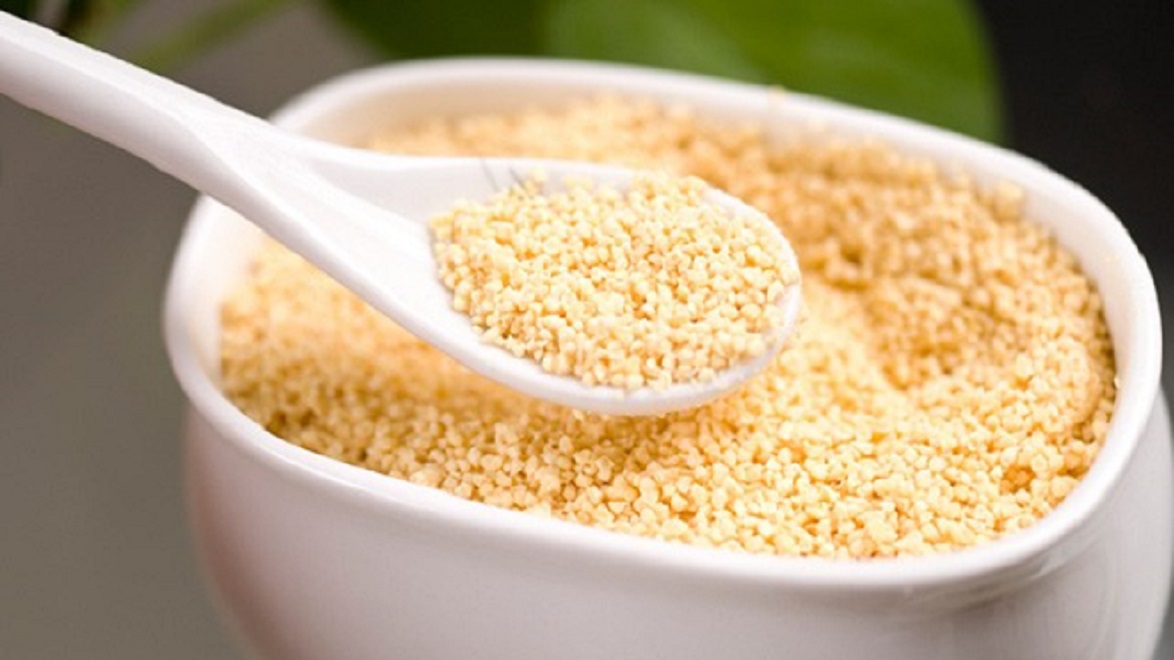Although a lipid, lecithin is partially water-soluble and therefore an emulsifying agent that helps disperse fats, protecting the vital organs and arteries from fatty buildup. Repairs cell membranes, aids in the absorption of thiamin by the liver and Vitamin A by the intestine, promotes energy and helps repair the liver from damage due to alcoholism. Lecithin contains a phospholipid, acetylcholine, which has been demonstrated to have a profound effect on brain function. Lecithin is an essential component for the emulsification of essential fatty acids and oil-soluble vitamins (vitamins like A, D, E, K are oil-soluble vitamins). The human body, being a water-based system cannot synthesize/absorb these essential oil-soluble vitamins unless they are supplied in emulsified form, Lecithin acts as an emulsifier for oil-soluble vitamins.

Lecithin acts as an emulsifier and helps the body to move fats and fat-soluble substances in our bodies that are predominantly water. It is also a class of molecules that is critical in brain function directly and through some of its natural breakdown products. These are some of the main reasons that lecithin is recommended as a supplement.
Most modern lecithin is extracted from natural oily products, such as oilseeds, milk, and eggs. The cheapest and most common source of lecithin supplements is extracted from crude soybean oil. Sources of lecithin that are free of allergens (Sunflower) and free of genetically modified organisms (non-GMO Soy Lecithin) are also available. Sources of lecithin from eggs and milk are also available, but they are often prohibitively costly and are not vegetarian in origin.
Lecithin naturally occurs where fat is abundant. It is a tool evolved to allow the holding fats in a water-based environment. Thus, the use cases of lecithin also often take advantage of this property of the molecules.
For Example: Lecithin has been attributed to reducing the uptake of cholesterol by body tissue. The uptake of fatty acids by cells has also been shown to be reduced by the presence of lysophosphatidylcholine, one of the components of lecithin. Further, one of the main breakdown products, choline, has also been shown to improve liver function and reduce fatty liver deposits.
Another major application of lecithin is in the repair of brain function. This is due to the conversion of lecithin to choline to acetylcholine in the hippocampus. This molecule has been linked to the formation of brain cells in a developing fetus and is equally important in the formation of memory centers in individuals.
Lecithin helps reduce the cholesterol level in the blood, a major risk indicator for heart attack and heart disease. Lecithin can emulsify (break up) fats in the bloodstream, lecithin keeps these lipids soluble and capable of passing through the cell walls to be utilized for energy. By dissolving fats and helping them be absorbed for use by the body, Low blood levels of lecithin correlate with high cholesterol levels, as floating fat molecules clump, then stick onto the wall of your arteries and tunnel between the muscle layers of the blood vessels.
Hard fat powders are difficult to wet and disperse because they are hydrophobic & high protein ingredients are hydrophilic & they hydrate too quickly forming clumps. Lecithin with its instant zing properties is used in instant mixes.
The gallbladder is related to the liver and digestive system. The function of the gall bladder is to secrete bile, which helps digest fats in the small intestine. Lecithin, by adding to bile’s emulsifying effects, prevents gallstones.
In the human body, Lecithin is the key ingredient of a human cell’s structure and function.
© 2022 GIIAVA. All Rights Reserved. Developed by Quantazone